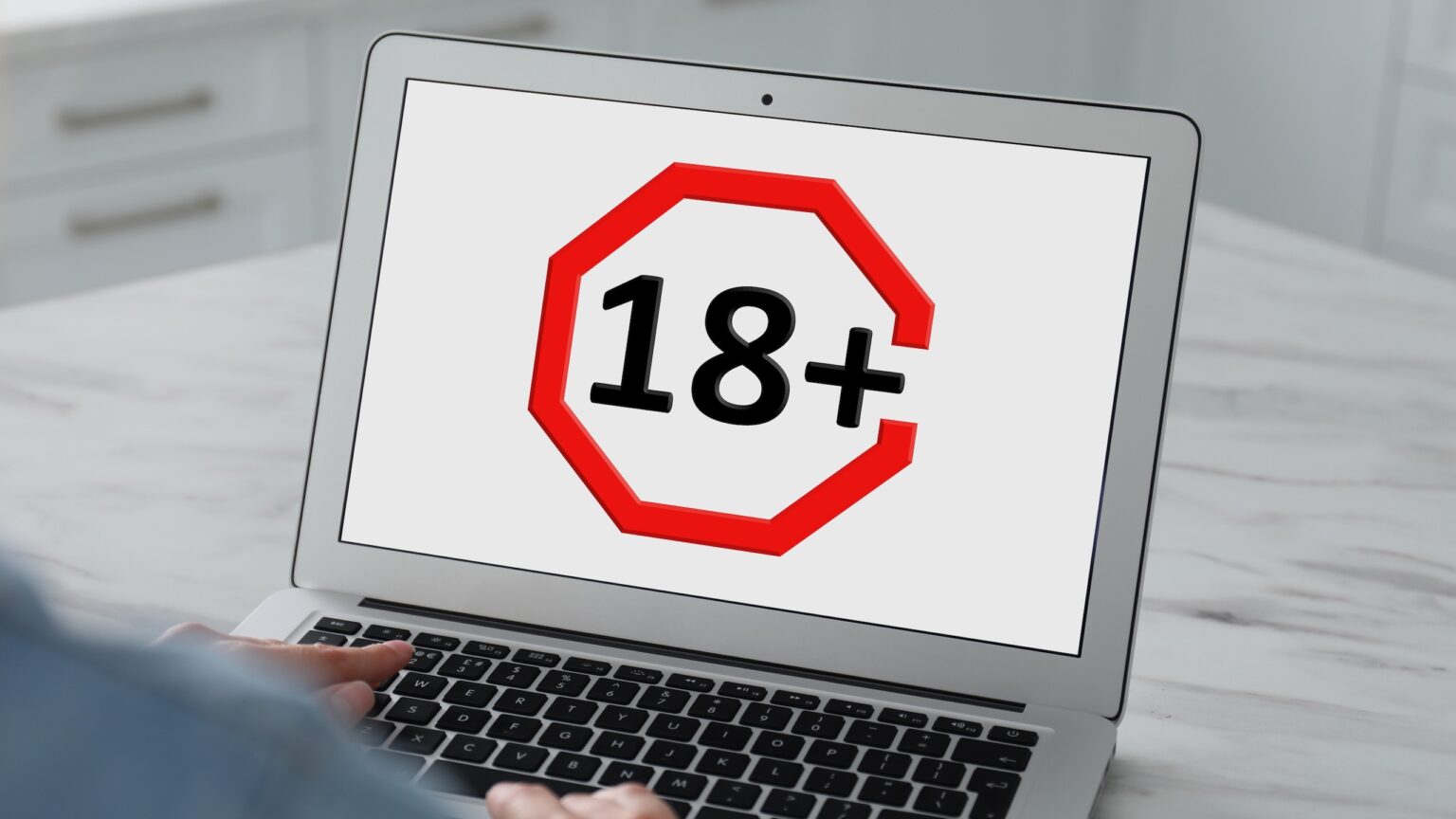Several US states have passed or proposed laws requiring age verification for online pornography to prevent children accessing explicit content.
Louisiana was the first to implement such a law, with Mississippi, Virginia, and Utah following suit.
These laws direct users trying to access pornography to a government-linked site, where they must provide identification to prove they are over 18. Since 2020 several countries, including Germany, France, the UK, and Australia, have introduced or started considering similar laws.
Read Also: UK Police Record Child Abuse in the Metaverse
“We must hold porn companies accountable and require age verification for minors to access pornography,” stated American Principles, a socially conservative 501 think tank.
#txlege is hearing testimony today on age verification for porn.
Here is Plank 161 of the @TexasGOP platform: pic.twitter.com/Aut4YujZh9
— Don Huffines (@DonHuffines) April 3, 2023
This global effort is part of broader attempts to protect kids from inappropriate online content. The age-verification industry is expected to grow as more countries adopt similar laws, leading to a significant increase in demand for age-verification services.
“The concerns about young people accessing adult websites are real and widespread; less widespread is the understanding of limitations of various age-verification tools, and of the new dangers they might pose,” said Irina Raicu, director of the Internet Ethics Program at Santa Clara University.
An ‘open to all’ policy
According to Raicu, many regulators and others believe age verification is a problem that has already been resolved.
However, she notes that technologists and privacy activists, including those who focus on protecting children, know this is not the case.
“Porn sites currently open to all-comers regularly process children’s data, for instance to choose which filthy videos to serve to them based on their prior viewing habits,” said Lord Bethell, a Member of the House of Lords.
Today, most porn sites only ask, “Are you over 18? Yes or No?” but there is no further verification – which means any child can simply lie to access the content.
Bethell stated in a Twitter thread that “porn sites and sites that have lots of porn (like @Twitter) need to put all porn behind age verification.”
“Who on earth thinks it’s a good idea for social media companies to process children’s data to optimise their porn consumption?” he asked.
Methods of age verification
Several methods can be used to confirm a user’s age for online age verification, including credit card details, facial scans, and government-issued ID checks such as passports or driver’s licenses.
To protect sensitive information from being passed directly to porn sites, third-party companies can carry out the verification checks.
According to a briefing from the European Commission, there are currently nine different methods of age verification, ranging from sophisticated to low-tech options.
Self-declaration, credit card, biometrics, analysing online usage patterns, offline verification, parental consent, vouchering, digital ID, and age verification by a specific app are the methods mentioned by the EU parliamentary research service.
MindGeek, the parent company of popular adult sites like Pornhub, YouPorn, and Redtube, say they are unaware of any proposed laws on age verification that effectively protect kids from accessing age-inappropriate material online.
“While there are multiple proposed laws on age verification throughout the world, we are not aware of any, thus far, that achieve their aim of protecting children from age-inappropriate material online,” stated a spokesperson for MindGeek.
MindGeek has claimed that within Louisiana, they are one of few companies adhering to the age verification laws, while others are not enacting sufficient safety measures. As a result, they say traffic is being diverted to adult platforms with fewer safety measures in place.
“In order to achieve tangible outcomes and safeguard the interests of young people, it is imperative to regulate not just individual websites but the industry as a whole,” said Alex Hawkins, vice president of xHamster.
Hawkins made the argument that ensuring uniform global standards is crucial, as it would be challenging to implement and maintain varying regulations for each country or state.
Age verifications challenges
The challenges facing age verification in digital services are multi-faceted, ranging from privacy and cybersecurity concerns to the need for more attractive content and improved digital skills among parents and children.
At present, there is no common EU guidance on methods for determining age verification, leading to fears about the sensitivity of data collected by some systems.
Additionally, kids can bypass age verification methods, making them more vulnerable to privacy and safety threats. These issues underscore the need for ongoing efforts to improve age verification and increase awareness among users.
Privacy and cybersecurity concerns and improved digital skills are mentioned as the main challenges and opportunities in the EU’s report.
Additionally, the ability of users to deploy a VPN to bypass age-verification will be a huge challenge for implementing such laws.
“I don’t want to share my personal information with this website. Maybe someone could check if I can use a VPN as a workaround? If yes, which VPN do you use?” asked one Reddit user.
“Yep” answered another user, and soon explained: “So easy a five year old can do it. Took me two seconds and zero effort. I just downloaded the first hit on the play store. It was free and bypasses the age verification with no problem. The only people who will run into problems are older folks.”
As these age verification laws continue to be implemented, their effectiveness in protecting kids from inappropriate online content remains to be seen.









 and then
and then